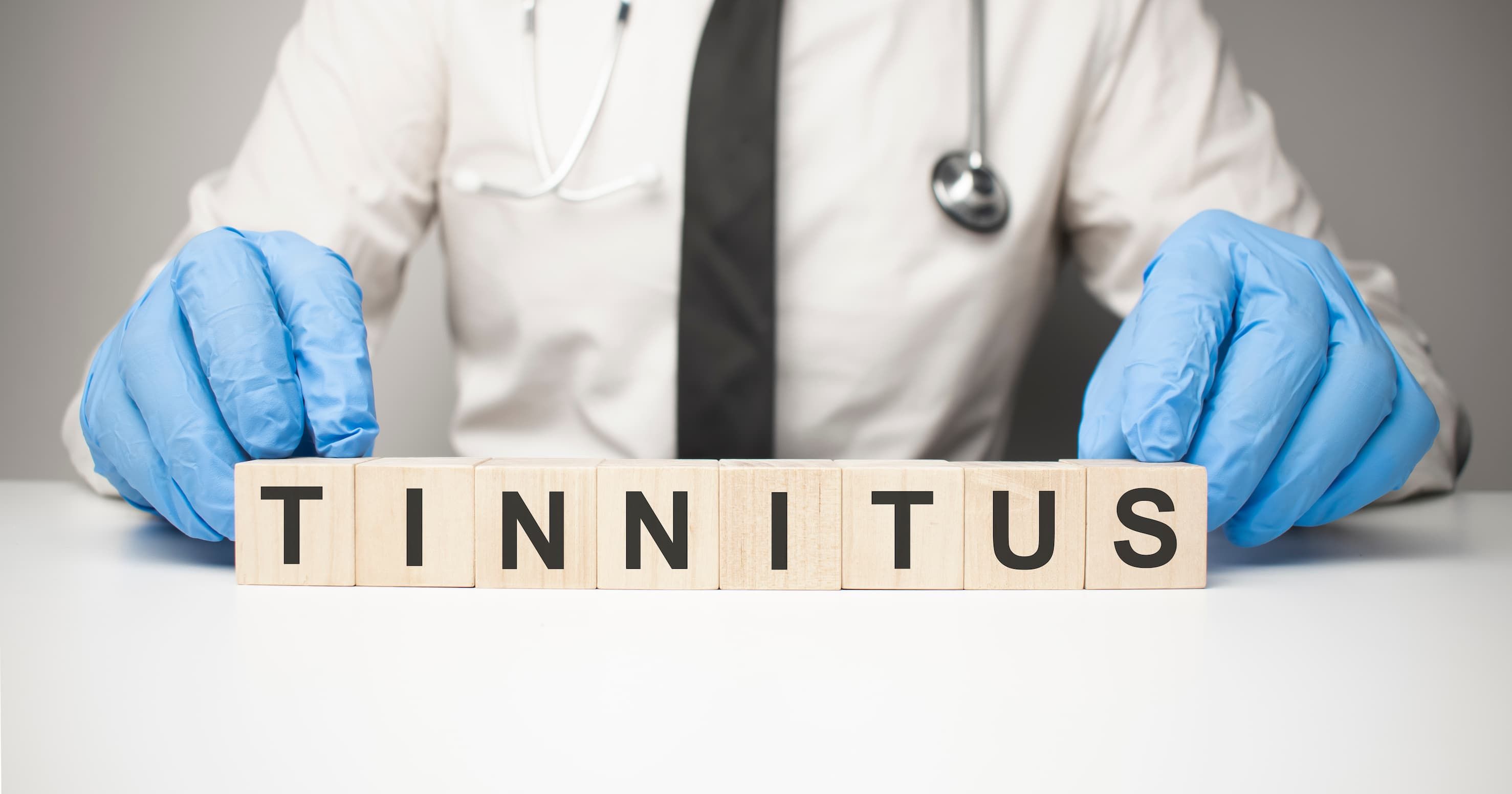What Is Tinnitus and What Can You Do About It?
Tinnitus is a sensation the body produces when the nerves are firing in your brain. It can be any sound from a ringing, buzzing, or hissing in your ears and can happen in one ear or both.

Contents
Currently, tinnitus affects over 15 million Americans, according to the U.S. Centers for Disease Control, with 2 million suffering from extreme and debilitating cases. While increased awareness in recent years has shed light on tinnitus, few people understand its complexities and how it can develop.
What Is Tinnitus?
There are many myths and misconceptions around tinnitus, as many people claim it is “not real.”
While in over 99% of cases, sounds cannot be heard by others, the sensations you experience are in fact very real, and it can be a daunting experience.
Tinnitus is a reaction of nerves firing around in your brain, which can produce any sound from ringing, buzzing, and whooshing. What makes tinnitus so hard to define is that it varies from person to person.
Some may experience it all day long, whereas another may only notice it just before they go to sleep or when they are in a quiet room. What most people can agree on is how debilitating suffering from tinnitus can be.
How Common Is Tinnitus?
Tinnitus is more common than you think.
If you’ve ever experienced a high-pitched buzzing sound just after you went to a concert, then that’s actually a temporary form of tinnitus. This is your ears telling your brain that some temporary damage has been done.
With that said, tinnitus sounds different to everyone. There are four different types, including subjective, objective, neurological, and somatic:
Subjective – the most common form of tinnitus, which can only be heard after exposure to excessive noise such as a concert.
Neurological – often caused by a disorder, such as Meniere’s disease.
Somatic – sensory-related.
Objective – a very rare form that is caused by involuntary muscle contractions or vascular deformities. It is the only type of tinnitus that can be heard by an outsider.
What Causes Tinnitus?
Tinnitus is not a condition, but it is a symptom of something else going on in the body. In most cases, once you get to the root of the problem, you can identify how you got to where you are.
You might find that your tinnitus flares up at particularly stressful points in your life or after a bad night's sleep. When it comes down to tinnitus, the more you pay attention to it, the worse it gets.
Prolonged exposure to excessive sound is one of the top causes of tinnitus. This causes damage to the cells in the cochlea.
Other causes include impacted earwax, certain medication, Meniere's disease, and injuries to the ears or head.
What Are The Symptoms Of Tinnitus?
Symptoms of tinnitus differ from person to person. Generally, if you experience any irritating noise in the ears, then you are likely suffering from tinnitus.
Sounds may include ringing, buzzing, hissing, or whistling.
How Is Tinnitus Diagnosed?
Tinnitus diagnosis involves a visit to a clinic, where you can describe your symptoms and how much tinnitus impacts your everyday life.
Often, we prescribe vitamins such as lipo-flavonoids which work to get blood moving around the ears. Unfortunately, this type of treatment only works for a small percentage of patients and most require further care.
In this instance, we perform a hearing test to evaluate how bad your hearing is and work out a treatment plan for you.
What Treatment Options Are Available For Tinnitus?
While there is still no cure for tinnitus, certain treatments can help to mask tinnitus and allow you to live without the burden of ringing in the ears.
One method is called habituation, which is where you play sounds such as white noise or waves to mask tinnitus. If this is used each time tinnitus bothers you, then after six months, you may find that tinnitus is less of a problem in your life.
This is also a useful tool to help with sleeping and anxiety.
Some patients use CBD oil to calm down anxiety and drive attention away from tinnitus. This can be used in conjunction with a therapist who will help you to manage tinnitus and prevent it from running your life.
In today’s world, you can get hearing aids that help to mask tinnitus and address your hearing challenges.
When you visit us, we will talk you through the options available and find one that works for you.
What Should Someone Do If They’re Concerned About Tinnitus?
If you have recently noticed a ringing sensation in your ears, then don’t panic.
The next step involves scheduling a comprehensive hearing assessment with our experts to identify the root cause. From there, we can work out a treatment plan to best help you.
Just give us a call at (213) 536-4543 to get started.









